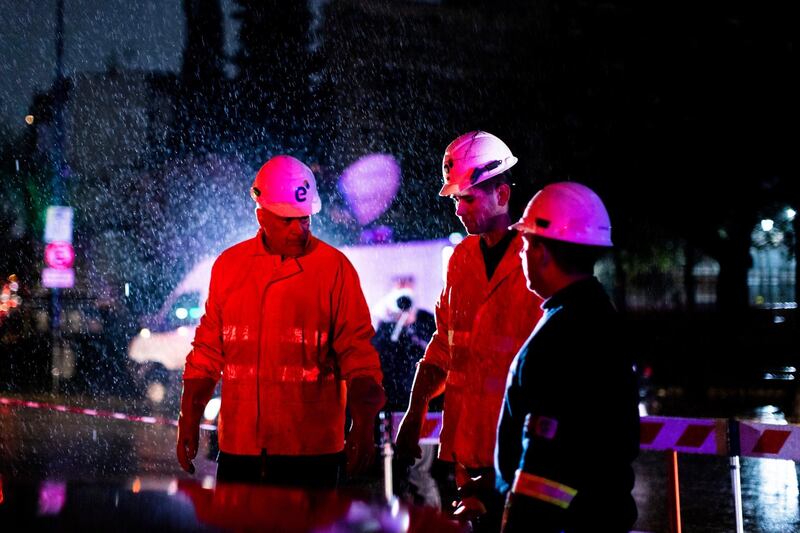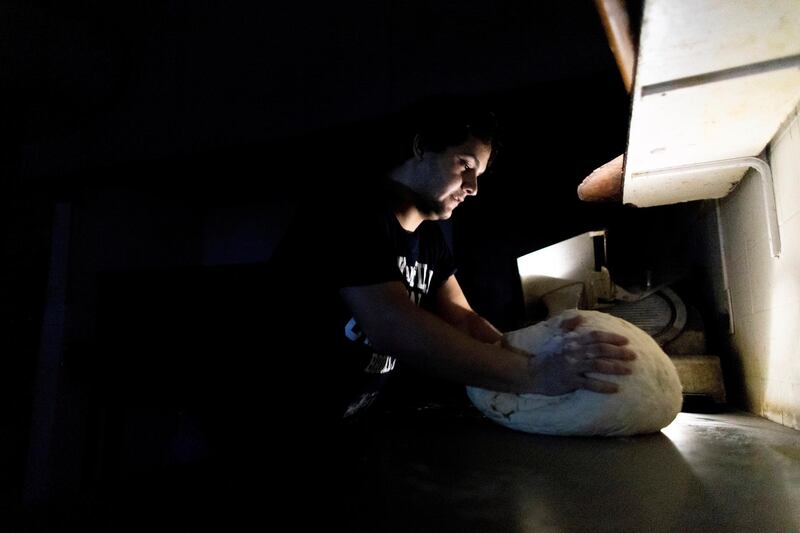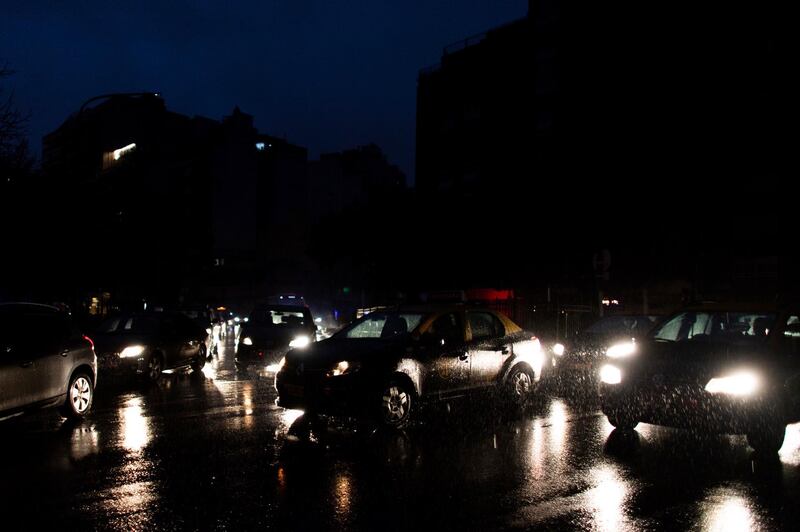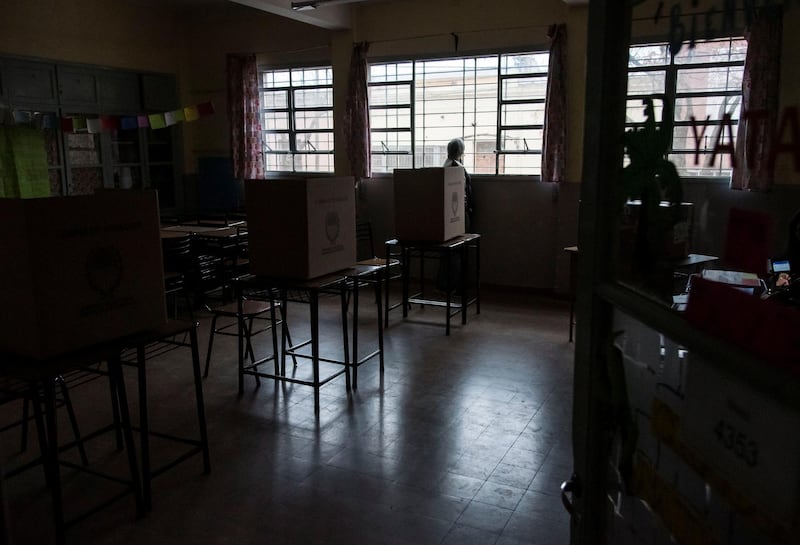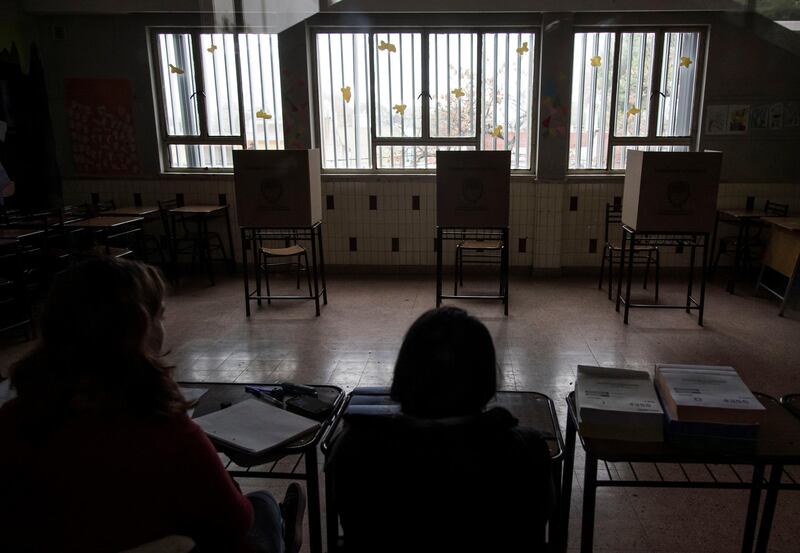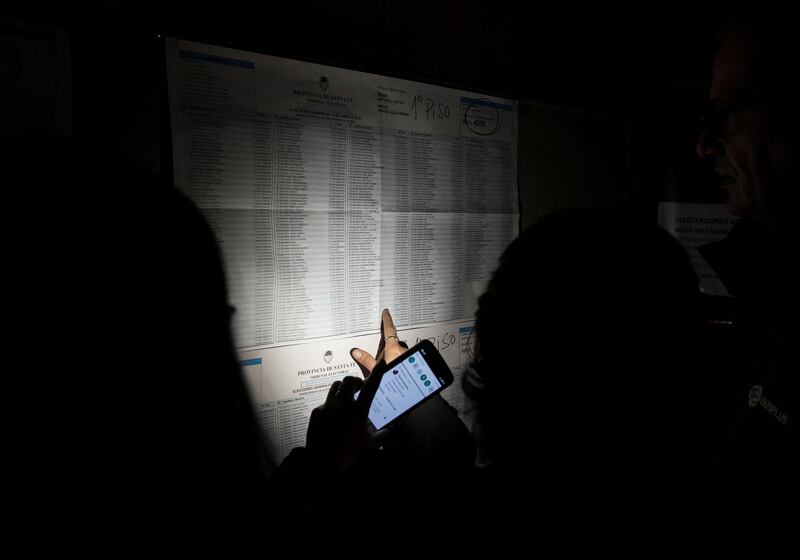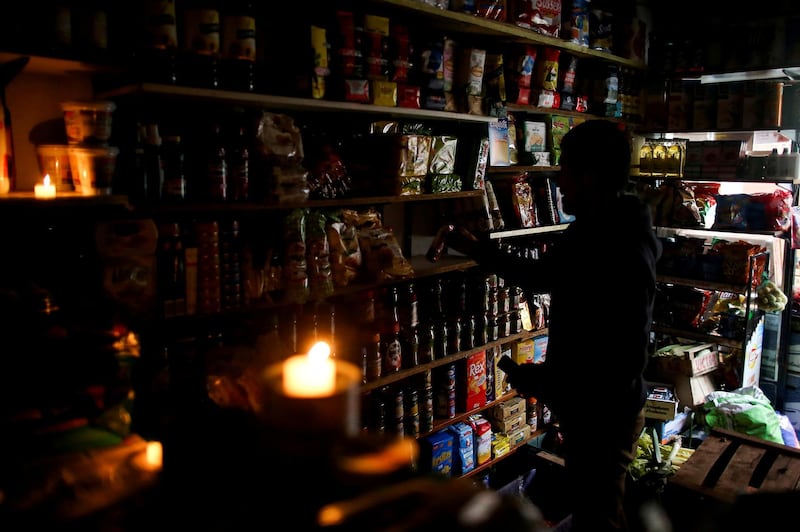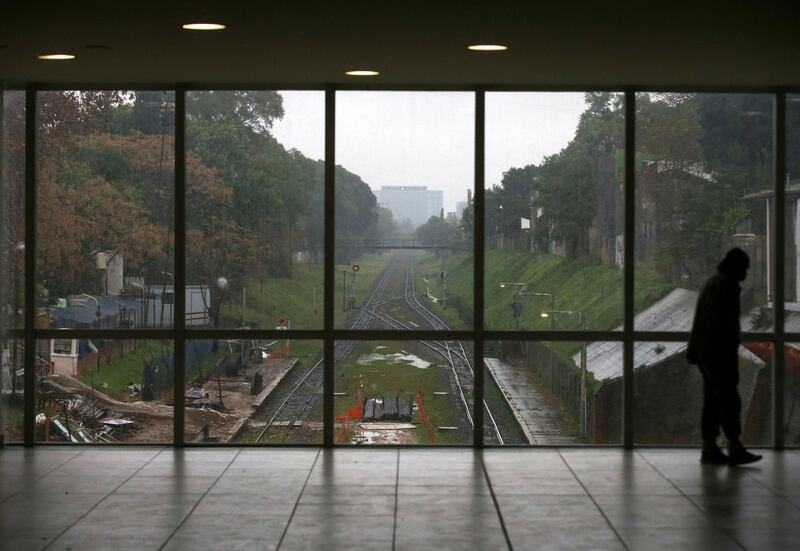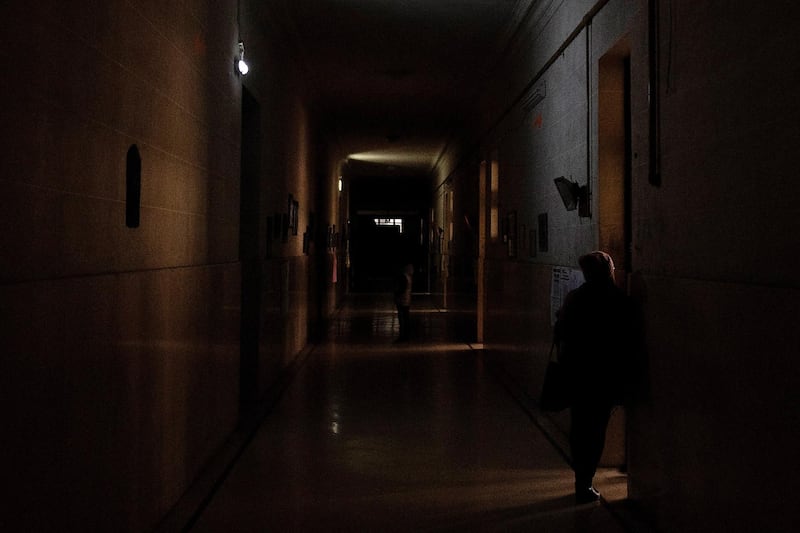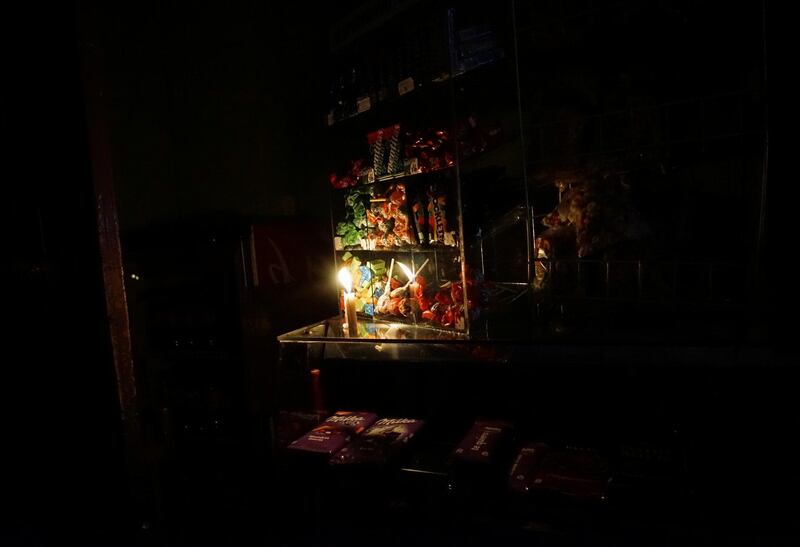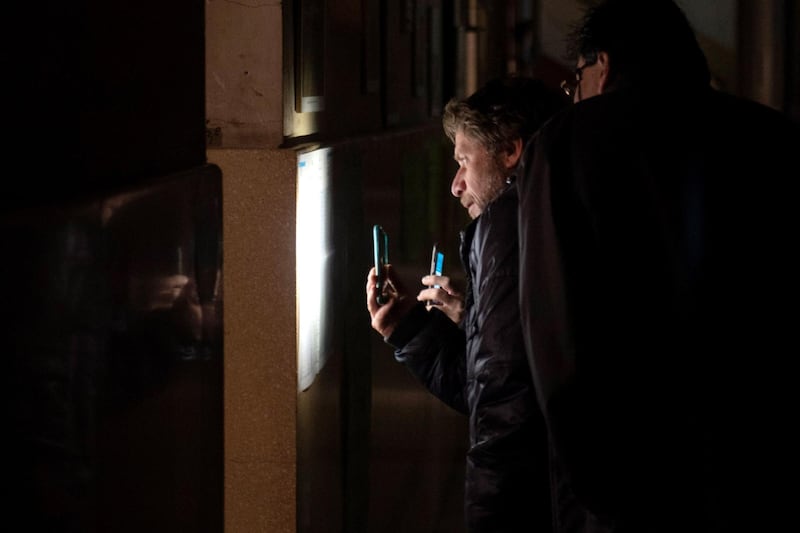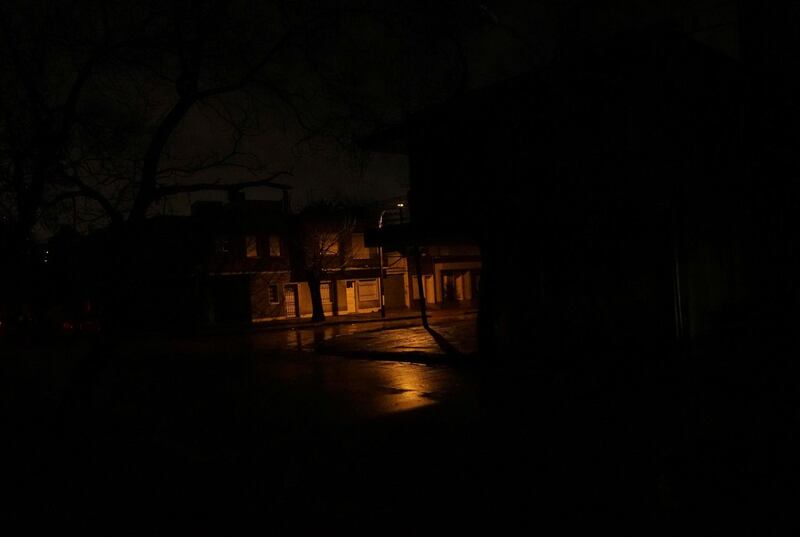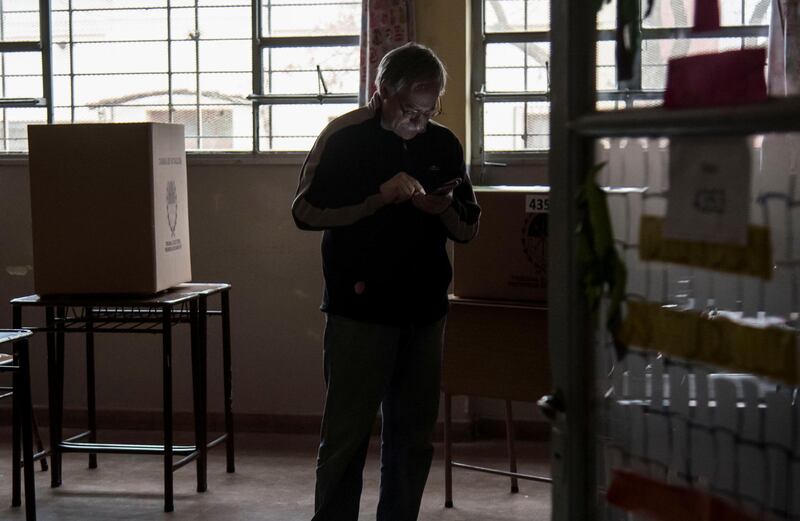A huge power cut left tens of millions of people without electricity in Argentina, Uruguay and Paraguay on Sunday in what the Argentinian president called an “unprecedented” failure in the countries’ grid.
Authorities were working frantically to restore power but 12 hours later the country went dark, more than a quarter of Argentina’s 44 million people were still without electricity and the cause of the cut remained unclear.
Argentines were forced to use the light of mobile phones to vote for governors of several provinces.
Public transport was halted, shops closed and patients dependent on home medical equipment were asked to go to hospitals that used generators.
“This is an unprecedented case that will be investigated thoroughly,” Argentinian President Mauricio Macri said on Twitter.
Argentina’s power grid is in a state of disrepair, with substations and cables that were poorly upgraded as electricity rates remained largely frozen for years.
The country’s energy secretary said the cut occurred about 7am local time when a key Argentinian interconnection system collapsed.
The Argentinian energy company Edesur said on Twitter that the failure originated at an electricity transmission point between the power stations at the country’s Yacyreta dam and Salto Grande in the north-east. Why it occurred was still unknown.
An Argentinian independent energy expert said that systemic operational and design errors played a role in the grid’s collapse.
“A localised failure like the one that occurred should be isolated by the same system,” said Raul Bertero, president of the Centre for the Study of Energy Regulatory Activity in Argentina.
“The problem is known and technology and studies exist to avoid it.”
By mid-afternoon, power had been restored to most of Uruguay’s 3 million people.
But in Argentina, only 72 per cent of the nation's grid was back up and running as of 7pm local time, the national news agency Telam reported.
Energy Secretary Gustavo Lopetegui said workers were trying to restore electricity nationwide by the end of the day.
“This is an extraordinary event that should have never happened,” Mr Lopetegui said. “It’s very serious.”
Uruguay’s energy company UTE said the failure in the Argentinian system cut power to all of Uruguay for hours.
In Paraguay, power in rural communities in the south, near the border with Argentina and Uruguay, was also cut.
The country’s National Energy Administration said service was restored by afternoon by redirecting energy from the Itaipu hydroelectric plant the country shares with neighboring Brazil.
In Argentina, only the southern-most province of Tierra del Fuego was unaffected by the cut because it is not connected to the main power grid.
Brazilian and Chilean officials said their countries had not been affected.
Many residents of Argentina and Uruguay said the size of the power cut was unprecedented.
“I was just on my way to eat with a friend but we had to cancel everything,” said Lucas Acosta, 24, a resident of Buenos Aires.
"There’s no subway, nothing is working. What’s worse, today is Father’s Day. I’ve just talked to a neighbour and he told me his sons won’t be able to meet him.”
Silvio Ubermann, a taxi driver in the Argentinian capital, said: “I’ve never seen something like this. Never such a large blackout in the whole country.”
Several Argentinian provinces had elections for governor on Sunday, which proceeded with voters using their phone screens and built-in flashlights to illuminate their ballots.
“This is the biggest blackout in history, I don’t remember anything like this in Uruguay,” said Valentina Gimenez, a resident of the capital, Montevideo.
Ms Gimenez said her biggest concern was that electricity be restored in time to watch the national team play in the Copa America football tournament on Sunday evening.
Since taking office, Mr Macri has said that gradual austerity measures were needed to revive Argentina's struggling economy.
He has cut red tape and tried to reduce the government’s budget deficit by ordering job cuts and reducing utility subsidies, which he maintained was necessary to recuperate lost revenue due to mismanagement of the electricity sector.
The Argentinian Institute for Social Development says an average family in Argentina still pays 20 times less for electricity than similar households in neighbouring countries.
The subsidies were a key part of the electricity policy of President Nestor Kirchner’s 2003-2007 administration and the presidency of his wife and successor, Cristina Fernandez, in 2007-2015.
Ms Fernandez is now running for vice president in October elections.

